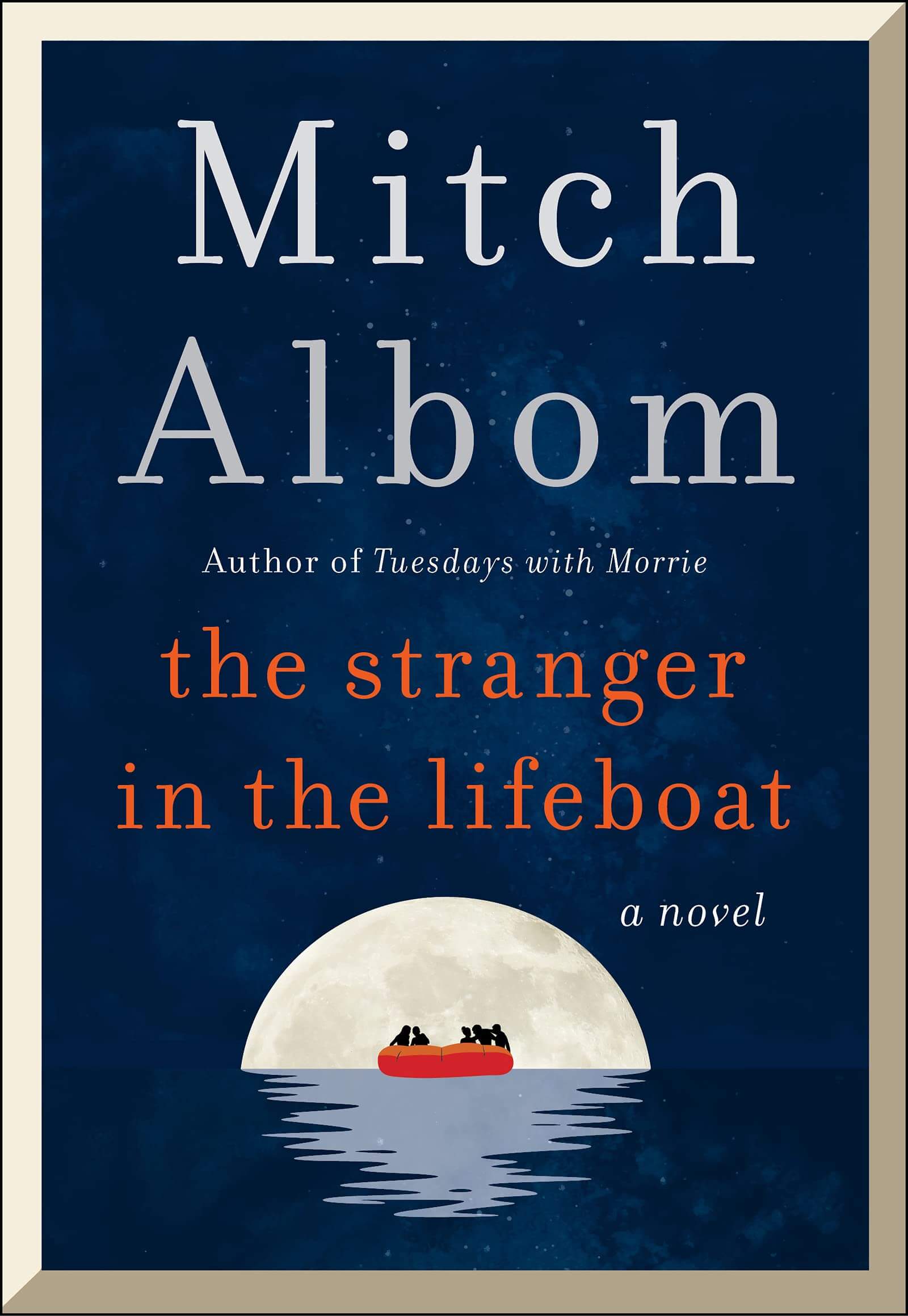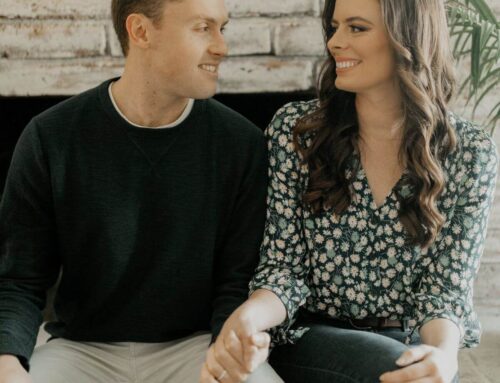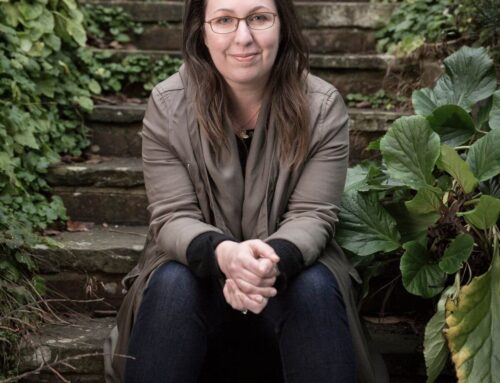Mitch Albom’s books have long been known to inspire thoughtful conversation, hope and faith amongst his readers; after all, he’s written about the concept of heaven in a number of bestsellers, including The Five People You Meet in Heaven and Tuesdays with Morrie. But in Stranger in the Lifeboat, his newest release, for the first time he uses fiction to explore what would happen if one called on God for help, and He actually appeared before us; what he might help look, sound and act like? In Stranger in the Lifeboat, ten people float for three days after surviving a terrible ship explosion. Then they come across a strange man in the ocean and pull him into their lifeboat. He claims to be “the Lord.” And he says he can only save them if they all believe in him. But are the survivors in heaven, hell, or in between? And who is this strange man really? Narrated by one of the passenger’s notebook that is discovered a year later when the empty life raft washes up on an island, it falls to the island’s chief inspector, Jarty LeFleur, a man battling his own demons, to solve the mystery of what really happened.
Our December guest author Mitch Albom’s books—including seven #1 New York Times bestsellers—have collectively sold more than forty million copies in forty-seven languages worldwide. After bestselling memoir Finding Chika and “Human Touch,” the weekly serial written and published online in real-time to raise funds for pandemic relief, his latest work is a return to fiction with The Stranger in the Lifeboat. He founded and oversees SAY Detroit, a consortium of nine different charitable operations in his hometown, including programs for Detroit’s most underserved citizens. He also operates an orphanage in Port-Au-Prince, Haiti, which he visits monthly.
We talked with Mitch Albom for an exclusive interview about the inspiration behind Stranger in the Lifeboat, writing from multiple POVs, and his Elvis impersonation.

What’s was the first strike of inspiration behind the plot of The Stranger in the Lifeboat?
I always wondered what it would be like if we called out to the universe for help in our darkest moment and help actually. Would we trust it? Would we believe it? What if it didn’t look like we thought it was supposed to look? That was the ground floor of this new book.
How do you identify that specific “spark” that arises, the “ah ha! This will be the basis of my next book.” Or do you just have dozens of plots written down that you pull from over the years?
I don’t really write books based on plots. I write books based on ideas, inspirations or lessons that I have learned that I think others might benefit from. I start with that. Then I try to construct a plot around it. So with Stranger in the Lifeboat, I knew I wanted people to be in a desperate situation, calling out for help. So I thought of the most desperate situation that I could imagine, which, for me, would be being stranded in the middle of the ocean in a lifeboat with nobody coming to help. The plot began to form from there.
Your books always have interesting point of view choices. How did you decide on who would be the narrator in The Stranger in the Lifeboat?
Well, it’s true, I jumped back and forth from first person to third person to sometimes sort of second person, which is what I did in Finding Chika. In this case, I wanted there to be a notebook that was discovered a year after the explosion on the yacht that stranded the 10 people in the lifeboat. In order to have that notebook make sense when it is discovered washed up on a shore, it needed to be in the voice of the person writing in the notebook. So I decided to do first person for that, in the voice of the main character, whose name is Benji. On the other hand, this story shifts from the sea as one element, to the land as another element, to the news media as the third element. In the latter two, I use third person. Or rather third person for the land section and kind of like a script for voices for the news section. So this book is a trifecta!
Many of your novels focus on heaven, but this is the first one that addresses what we would do if, after asking for help from a higher power, God actually appeared before us. What did you struggle with while writing about this notion?
Well, for one thing, it’s pretty brave to think you can write in the voice of God, or at least someone who claims to be God. I wanted to be sensitive to that idea, and make sure that anybody of any faith – or anyone who didn’t have faith – could still read the book and appreciate the story and come to accept the character based on what the character does. So navigating through those weeds was probably the biggest challenge.
What is something people would be surprised to know about you?
That I do a pretty good Elvis impersonation when we perform with the Rock Bottom Remainders band. At least some people think it’s pretty good. I’m sure Elvis wouldn’t have.
What is the next writing project you’re working on?
I have a number of film and TV streaming projects going. I am writing the screenplays for a number of them. I’d like to see what my work looks like in those different mediums.
What are you reading right now?
It’s called Breath. The New Science of a Lost Art by James Nestor.







Leave A Comment